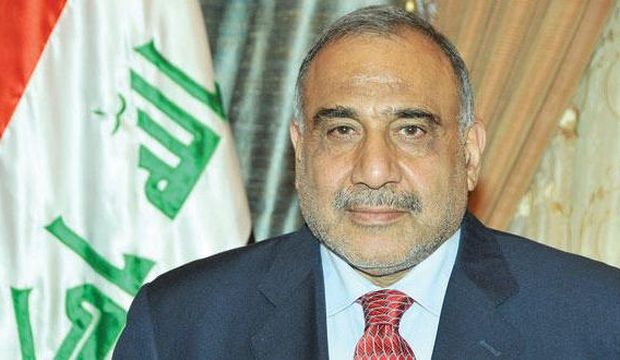Abu Dhabi, Asharq Al-Awsat—Iraqi Oil Minister Adel Abdul Mahdi said his country stands by the Saudi-brokered OPEC decision to maintain production among the organization’s member countries, amid some of the lowest oil prices since the aftermath of the global financial crisis.
Saudi Arabia proposed that OPEC make no change in its collective output during its annual meeting in Vienna last month, despite huge pressure on the organization to cut production to push up prices.
Oil prices have fallen from around 100 US dollars per barrel at the start of the year to below 60 dollars earlier this month due to a surplus in supply and reduced demand from buyers, as well as a production increase from outside OPEC largely led by the shale oil boom in the US.
But Saudi Oil Minister Ali Al-Naimi suggested last month that core OPEC producers ride out the low-oil-price wave in order to offload their surpluses and maintain market share, leaving the market to push up prices naturally in the long-run and eventually crowding out non-core, high-cost producers, who will not be able to maintain production when prices fall even lower, as is expected in the short-term.
Mahdi said his country had been behind the Saudi plan, despite “reasonable” alternatives on the table in November, such as one put forward by Algerian Energy Minister Youcef Yousfi for OPEC to reduce its yearly output by 5 percent, or 1.5 million barrels of oil per day (bpd).
“We are behind the ‘Saudi theory’ and this is natural because Saudi Arabia, along with the other Gulf countries, accounts for half of OPEC’s production,” he said.
OPEC’s decision will be difficult for producers such as Iraq and Algeria, who rely on oil revenues for over 90 percent of their national income, but Mahdi said the plan to crowd out non-core producers would be “healthy” for the market and benefit producers such as Iraq in the long-run as it would eventually allow the market to stabilize on the back of production by “reliable, core producers.”
“In Iraq we are taking a pragmatic stance. We support the current situation so long as everyone [in OPEC] has agreed to continue production. If everyone wanted to reduce production, we would agree to the same,” he said.
Meanwhile, Mahdi also said he felt it was time to reopen talks with Saudi Arabia on the Iraqi–Saudi oil pipeline, shut down since Iraq’s invasion of Kuwait in 1990.
“This is a matter beneficial for both countries, especially since the pipeline stands unused, except for some transport of gas by our Saudi brothers,” he said. “But I know it is also tied to the question of Iraqi debt, so we will need to discuss it in a reasonable and thought-out manner that will benefit both sides.”

